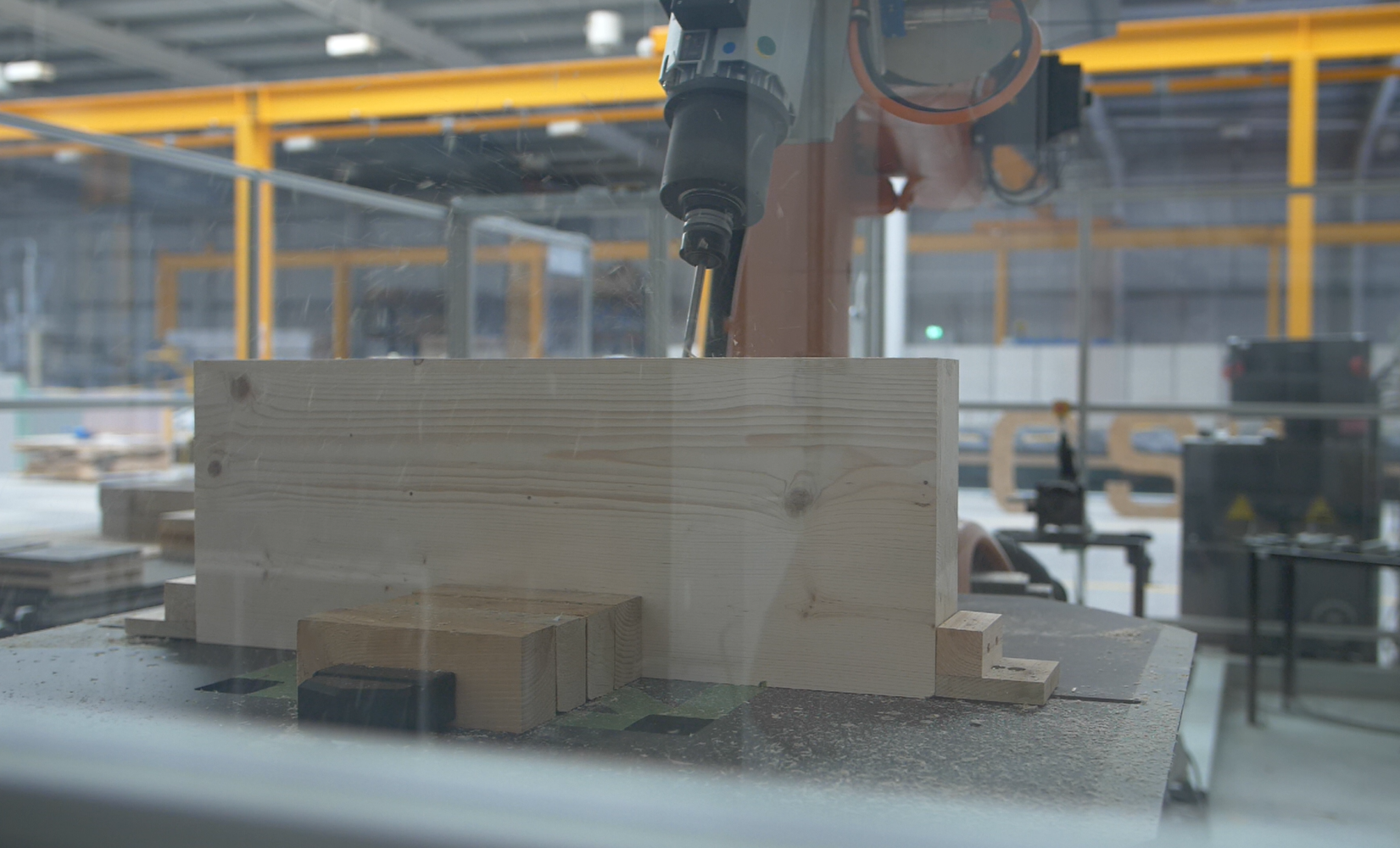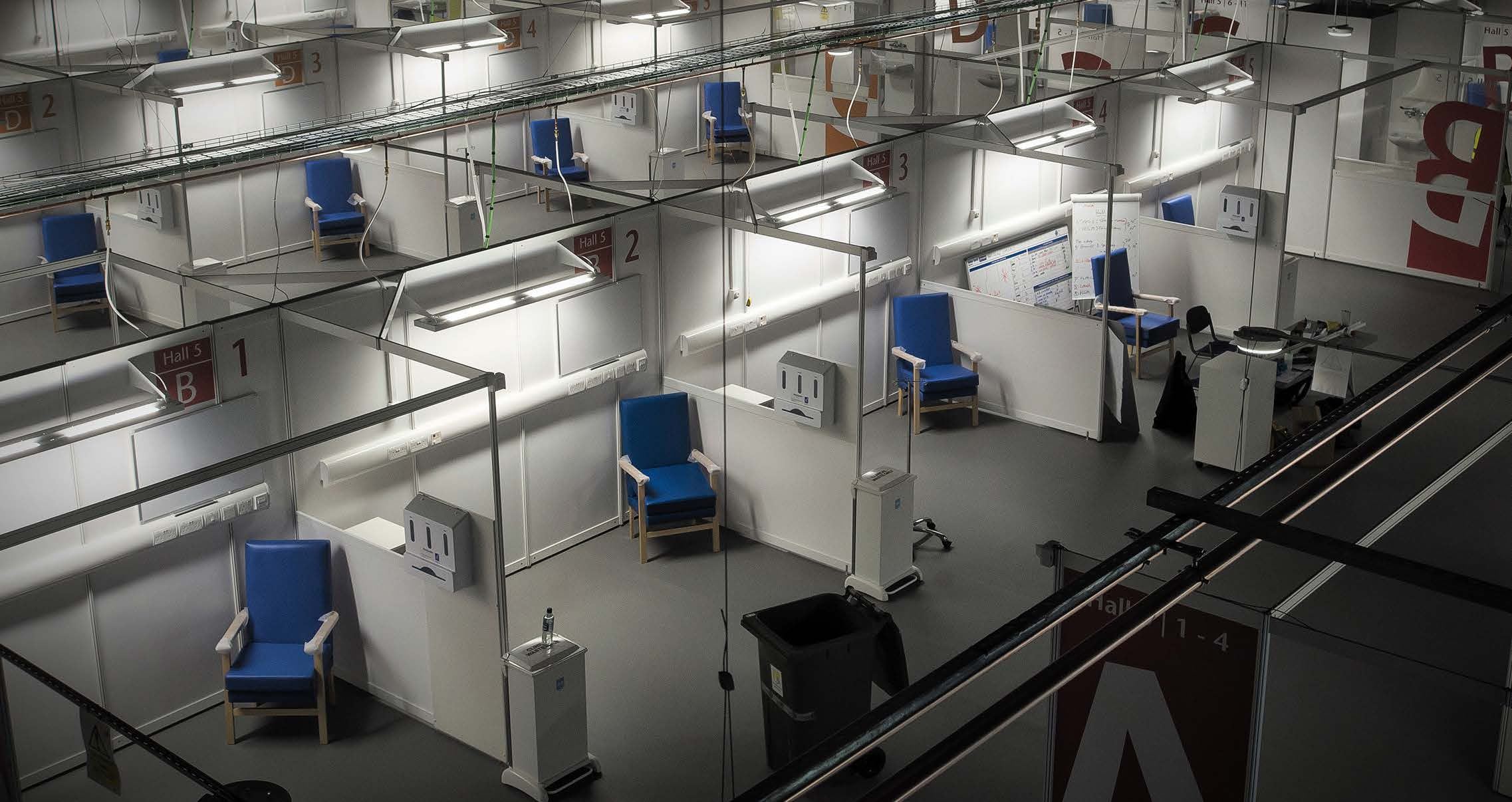Content
Indinature: The natural solution to sustainable insulation
IndiNature’s net carbon-capturing insulation products are made from UK crops
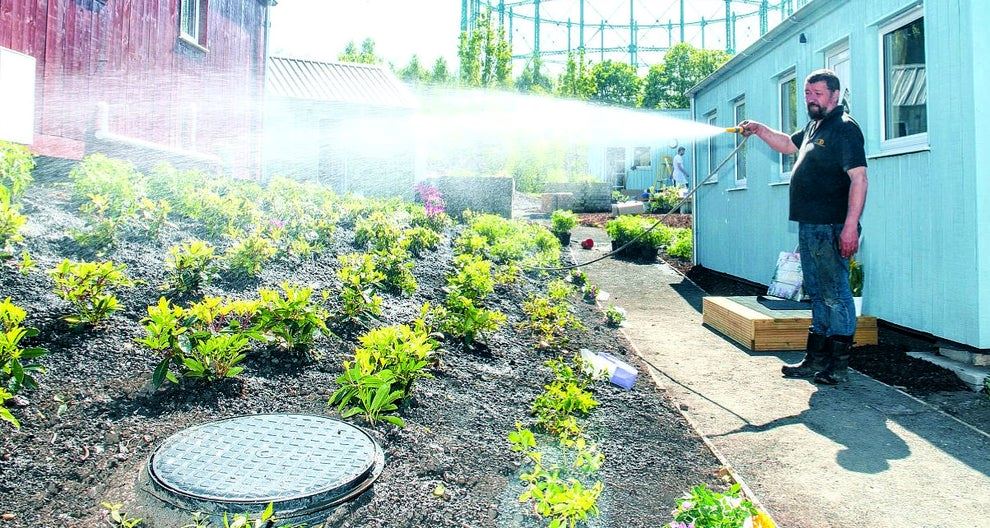
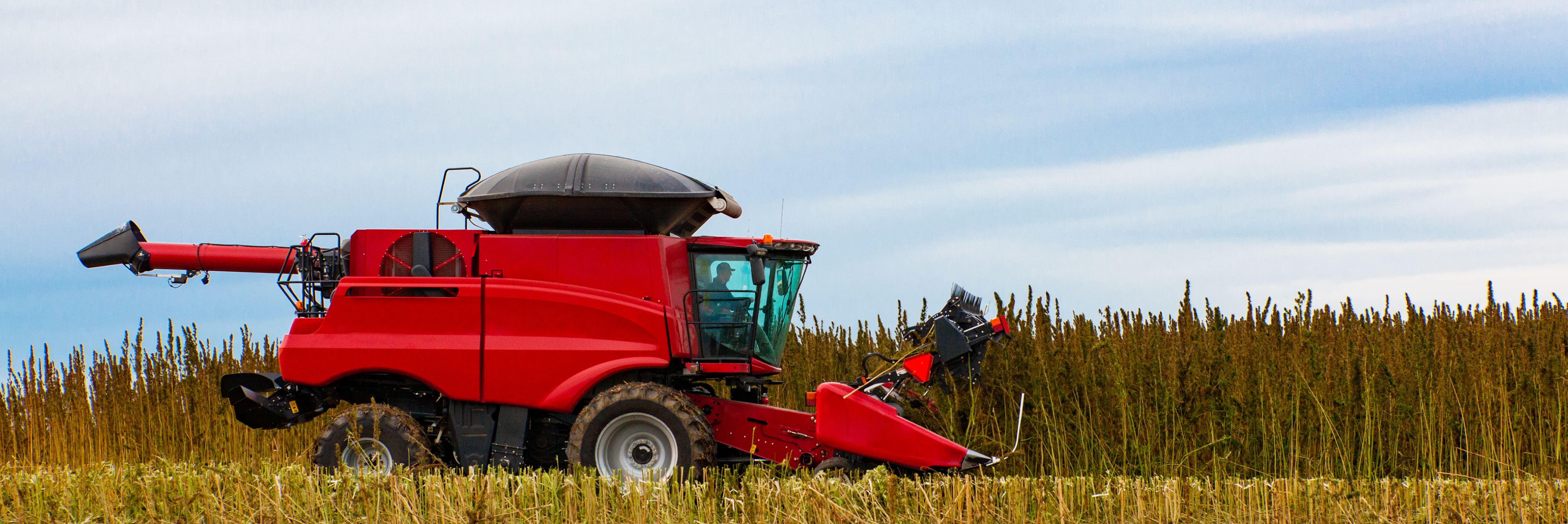
IndiNature, supplied by several UK farms, manufactures insulation products using as little as 10% of the energy needed to create conventional insulations, which helps allow the net capture of carbon the final product.
A full carbon life cycle assessment of IndiTherm’s insulation batt, for example, shows that manufacturing will, over a period of 30 years, save as much carbon as planting more than five million trees.
In addition to the carbon benefit, the company is creating new skilled workers as well as reviving cash crops for farmers.
Industrial hemp is a hardy, resilient crop, which can be grown on a wide variety of soil types – the crop supply chain is growing very fast globally to support future expansion of the business.
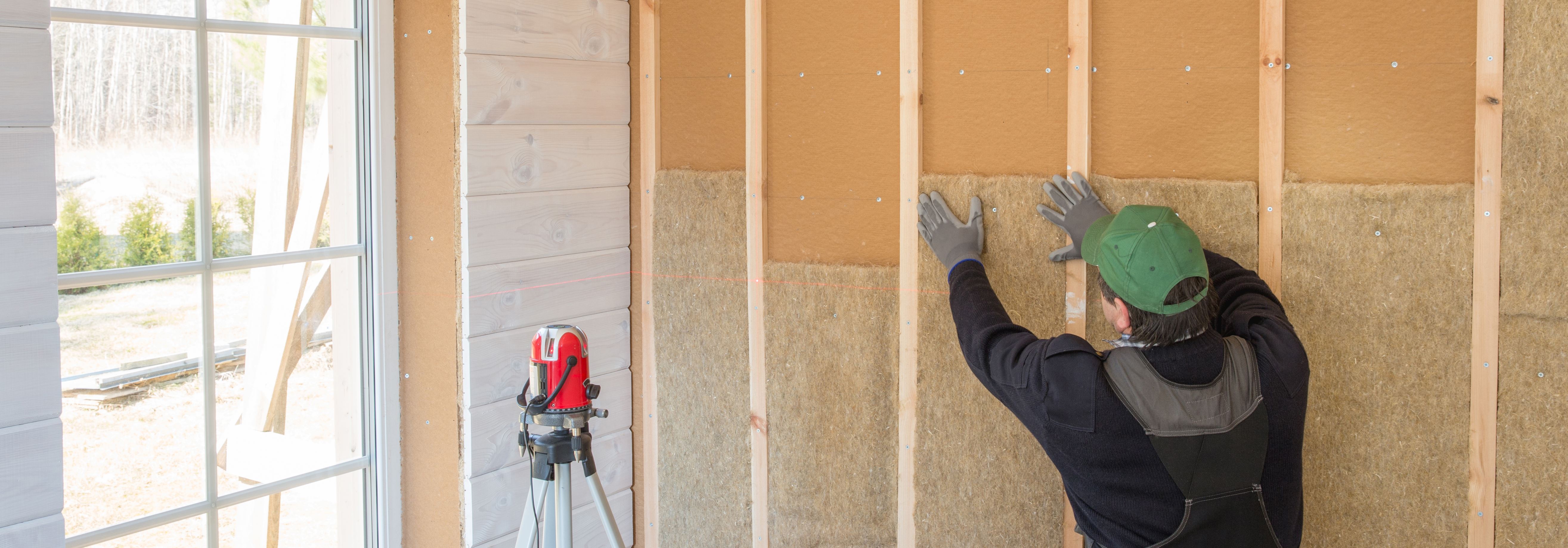
Local materials deliver world-class performance
IndiNature’s products, as well as offering sustainable, plastic-free and carbon-storing insulation, create a healthy operational environment.
They reduce heat loss in the same way as standard insulation products. Unlike standard insulations, however, they have thermal mass with the ability to reduce overheating risks in summer – an increasing problem with climate change.
The products are vapour breathable, ensuring that excess moisture is safely transported out of buildings to regulate healthy air quality, reduce damp and mould risks and ensure building structures stay dry and healthy and last longer. That’s why they’re preferred materials for historic retrofits.
Because they’re entirely made from natural materials, they don’t release volatile organic compounds into living or working environments, which makes them safer to work and live with. They’re soft to the touch and have no petrochemical or glass dusts that can be damaging to installers’ health.
A full carbon life cycle assessment of IndiTherm’s insulation batt, for example, shows that manufacturing will, over a period of 30 years, save as much carbon as planting more than five million trees.
This case study was prepared by BE-ST on behalf of the Scottish Construction Leadership Forum.

